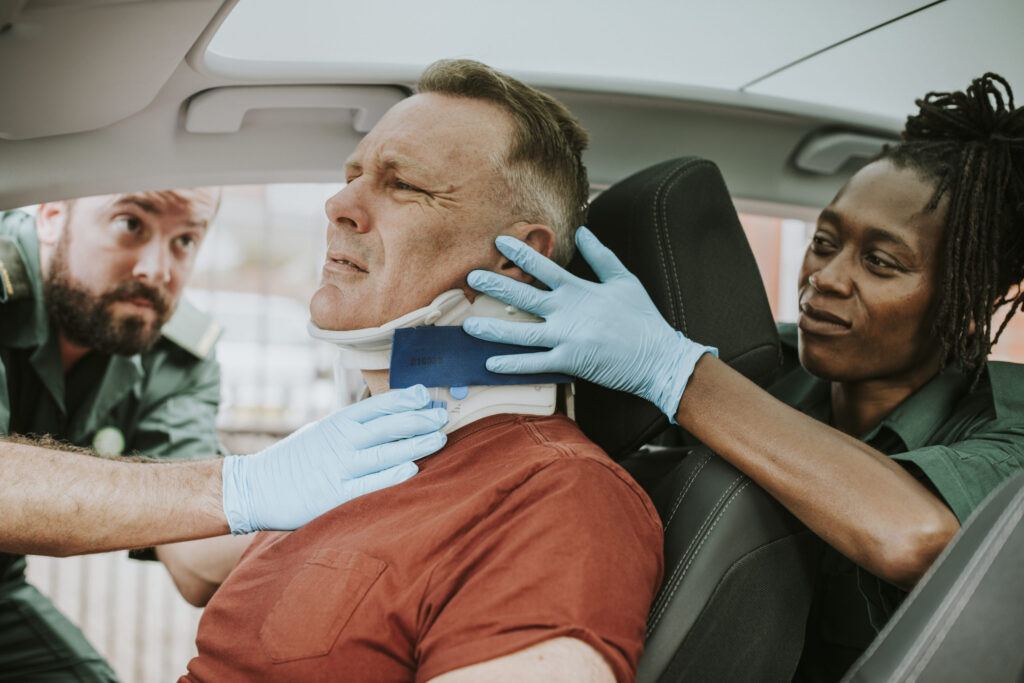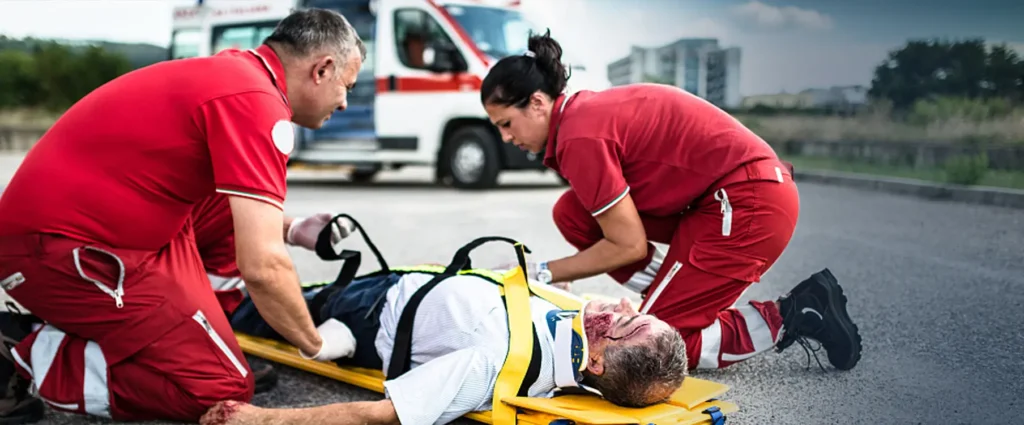Life can flip upside down in seconds. One moment you’re cruising through your day, and the next—bam—you’re in the middle of an accident. Confused. Shaken. Maybe even hurt. If that sounds familiar, then this guide is for you.
Let’s talk about your rights, your options, and most importantly—how to get the legal help you need to bounce back stronger than ever.

Introduction – Why Legal Support After an Accident Matters
Getting injured isn’t just physically painful—it can feel like a legal maze too. There’s paperwork, insurance calls, and often a whole lot of stress. But here’s the truth: you don’t have to do it alone. A solid legal team can be your GPS through the chaos, helping you get compensation and peace of mind.
What Counts as an Accident Claim?
Car and Road Traffic Accidents
Rear-ended at a red light? Sideswiped on the motorway? Whether you’re a driver, passenger, pedestrian, or cyclist—if someone else is at fault, you could claim.
Slips, Trips, and Falls in Public Places
If you’ve ever slipped on a wet supermarket floor or tripped over uneven pavement, that could be a public liability claim. Property owners are legally responsible for maintaining safe spaces.
Workplace Injuries
From faulty machinery to unsafe work environments, employers have a legal duty to keep you safe. When they drop the ball—you can take action.
Medical and Clinical Negligence
Wrong diagnosis? Surgical error? Medical professionals aren’t above the law. If they caused you harm, you have every right to seek justice.
Who Can Seek Legal Help?

Victims of Physical Injury
Obviously, if you’ve been hurt due to someone else’s negligence—you qualify.
Family Members of the Injured
In some cases, loved ones can step in—especially if the victim is incapacitated or deceased.
Witnesses Who Were Affected
Yes, even bystanders who suffer emotional trauma can sometimes seek legal help.

Why You Shouldn’t Go It Alone
Navigating Legal Jargon
Let’s be real—legal terms are like another language. A personal injury lawyer acts as your translator, breaking it all down.
Dealing With Insurance Companies
Insurance companies are not your friends. Their job is to pay you as little as possible. A lawyer knows how to push back.
Ensuring Maximum Compensation
You might think you deserve a small payout—your lawyer may prove you deserve much more.
What Can a Personal Injury Lawyer Do for You?
Case Evaluation and Advice
They’ll assess your claim’s strength and guide you step-by-step.
Negotiating Settlements
Most cases never go to court. A skilled lawyer can negotiate a fair deal fast.
Taking Your Case to Court (If Needed)
If negotiations fall flat, they’ll fight for you in court with everything they’ve got.
How to Choose the Right Legal Help
Check for Specialization
You don’t want a generalist. Look for someone who lives and breathes personal injury law.
Read Reviews and Ask Questions
How do past clients feel? What’s the lawyer’s win rate? Don’t be afraid to dig deep.
No Win No Fee Options
Worried about cost? Many firms offer No Win No Fee, so you pay nothing upfront—and only if they win.
Common Mistakes Accident Victims Make
Waiting Too Long to Act
In most places, you’ve got a time limit—usually around 3 years—to file a claim.
Speaking to Insurers Without Legal Advice
Big mistake. They’ll use your words against you. Always speak to a lawyer first.
Settling for Less Than You Deserve
Don’t take the first offer. It’s usually a lowball. Your lawyer will know what’s fair.
What Evidence Do You Need?
Photos and Videos
Document the scene ASAP—injuries, damage, hazards—everything.
Medical Reports
Your doctor’s notes are key. They connect the accident to your injuries.
Witness Statements
If someone saw what happened, their account can make or break your case.
Understanding Compensation – What Can You Claim?
Medical Expenses
From hospital bills to ongoing therapy—get it all covered.
Loss of Earnings
If your injury kept you off work, you can claim those lost wages.
Pain and Suffering
This covers the physical and emotional toll the accident has taken on you.
Property Damage
Phones, vehicles, clothing—anything damaged in the accident is claimable.
Timeline of a Typical Personal Injury Case
Initial Consultation
You meet your lawyer. They evaluate your case—usually free of charge.
Investigation and Filing
They collect evidence, notify the other party, and file paperwork.
Negotiation or Trial
Best case? You settle quickly. If not, your lawyer takes it to court.
Final Thoughts – You Deserve Justice
Let’s be honest—accidents suck. But what sucks even more is letting someone else’s negligence ruin your life and your finances. Getting legal help isn’t just smart—it’s your right.
You’ve got options. You’ve got support. And most importantly, you’ve got a chance to make things right.
FAQs
1. How long do I have to file a personal injury claim?
Typically, you have 3 years from the date of the accident. But there are exceptions, especially for minors or late-discovered injuries.
2. What does “No Win No Fee” actually mean?
It means you don’t pay any legal fees unless your lawyer wins your case. Zero upfront cost. No hidden fees.
3. Can I claim compensation if the accident was partially my fault?
Yes! You may still receive a reduced amount under shared fault laws (also called contributory negligence).
4. Do I have to go to court to win my case?
Not necessarily. Most cases are settled out of court through negotiation.
5. How much compensation can I get?
It varies based on injury severity, lost income, and other damages. Your lawyer will give you a personalized estimate.
6. What if I can’t afford medical treatment after my accident?
If you’re pursuing a personal injury claim, your lawyer can often help arrange medical treatment on a deferred payment basis—meaning the costs are covered upfront and repaid from your settlement later.
7. Can I switch lawyers if I’m unhappy with my current one?
Yes, you have every right to change legal representation if you’re not satisfied. A new solicitor can usually take over your case without much hassle—even if you’re mid-way through the process.
8. Will making a claim affect my job or employer relationship?
Legally, your employer can’t retaliate against you for making a claim. Employment laws protect you from being fired, demoted, or mistreated for exercising your legal rights after a workplace accident.